August 27, 2024
Game-Changing Advances In Opioid Treatment
Discover good news for treating opioid dependence with new therapies and support systems that inspire hope!
.jpg)
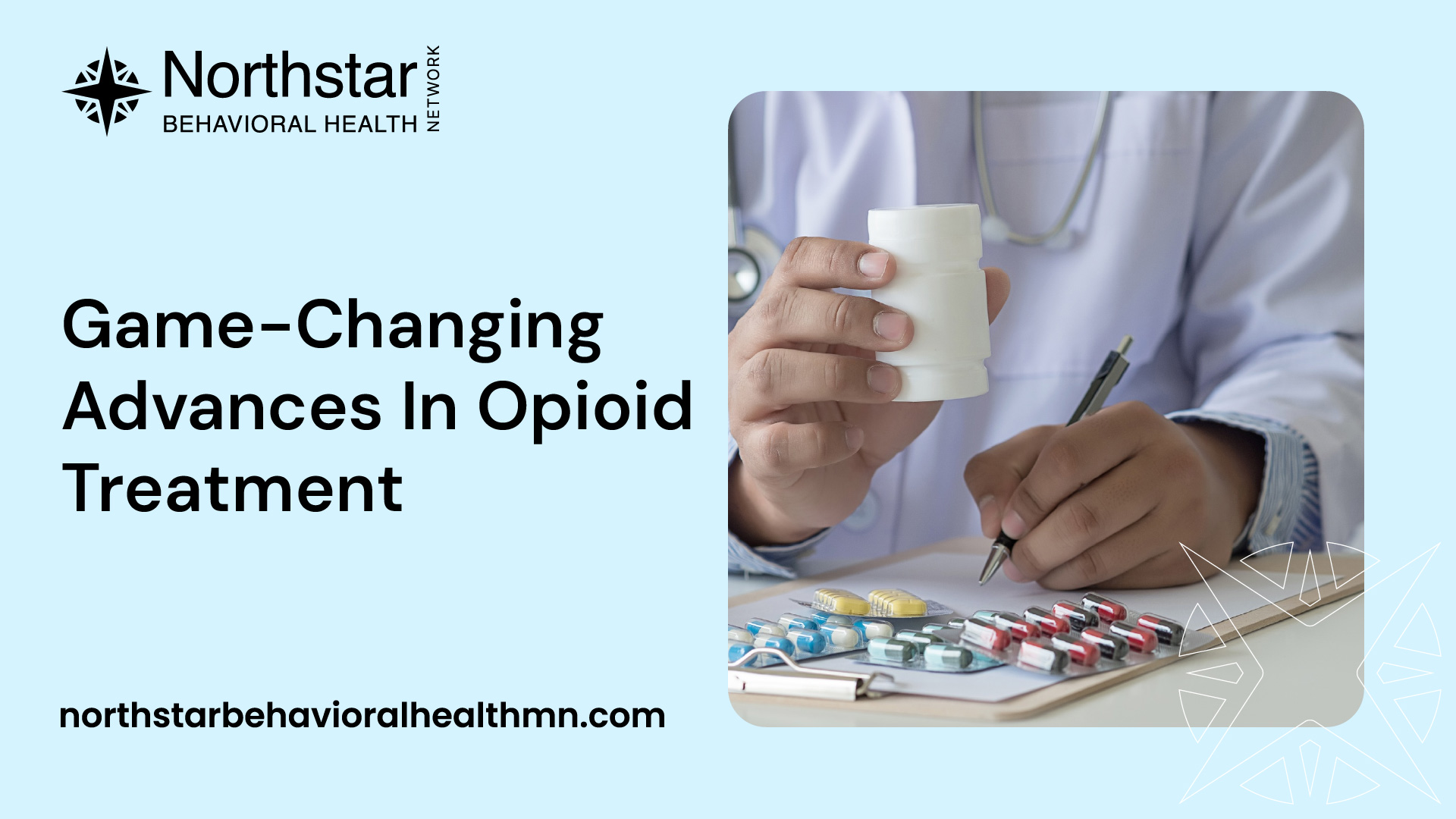
Understanding Opioid Dependence
Opioid dependence is a serious condition that affects many individuals and families across the country. Understanding its impact and the challenges faced in treatment is essential for those seeking recovery.
Impact of Opioid Dependence
Opioid dependence can lead to significant physical, emotional, and social consequences. It affects not only the individual but also their loved ones. Here are some of the key impacts:
- Health Issues: Chronic pain, infectious diseases, overdose risks.
- Mental Health: Increased anxiety, depression, and mood disorders.
- Social Consequences: Strained relationships, job loss, and isolation.
- Economic Burden: High costs for healthcare, legal issues, and loss of productivity.
The societal implications of opioid dependence are profound, leading to increased healthcare costs and loss of workforce productivity.
Challenges Faced in Treating Opioid Dependence
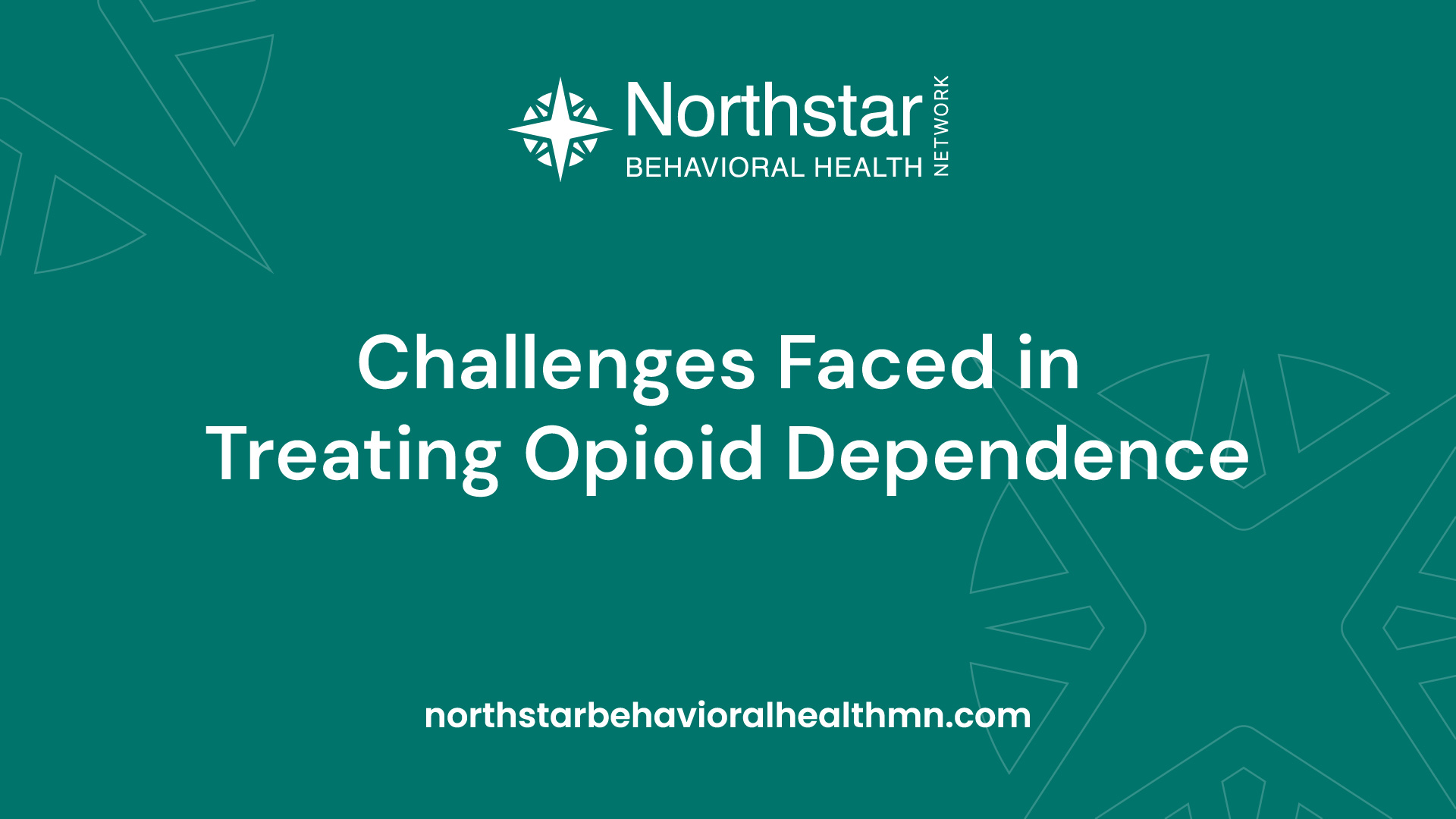
Treating opioid dependence presents a unique set of challenges. These obstacles can hinder recovery and make it difficult for individuals to seek help. Some common challenges include:
- Access to Treatment: Limited availability of treatment programs and resources.
- Stigma: Negative perceptions surrounding addiction discourage individuals from seeking help.
- Withdrawal Symptoms: Intense physical and psychological symptoms during detoxification can be overwhelming.
- Relapse Risks: High likelihood of returning to substance use, especially without proper support.
Understanding these challenges is crucial for individuals on their recovery journey. For more insights into recovery, consider reading about four important things about relapse. By addressing these obstacles and focusing on the good news for treating opioid dependence, individuals can find hope and support in their journey toward recovery. For further reading, check out Chris Herren's inspiring story in Chris Herren’s “REBOUND”: A Journey of Overcoming Drug Addiction.
Promising Developments in Treatment
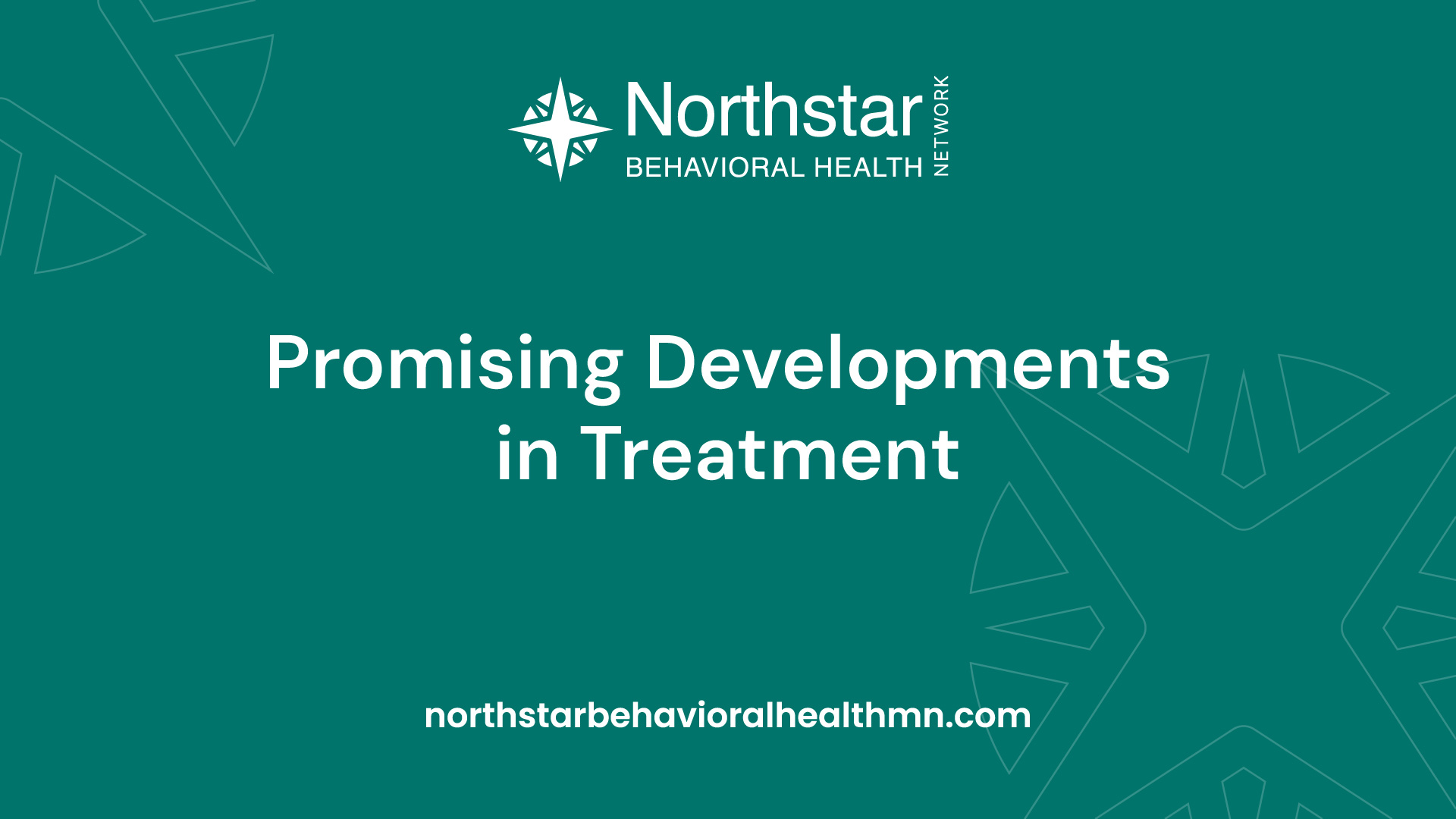
There have been significant advancements in the treatment of opioid dependence, offering hope and good news for those seeking recovery. This section explores three key areas: Medication-Assisted Treatment (MAT), behavioral therapies, and support services and resources.
Medication-Assisted Treatment (MAT)
Medication-Assisted Treatment (MAT) combines medications with counseling and behavioral therapies to treat opioid dependence effectively. MAT helps individuals manage withdrawal symptoms and reduce cravings, which can be vital for maintaining recovery.
The most common medications used in MAT include:
- Methadone: Reduces withdrawal symptoms and cravings.
- Buprenorphine: Partial agonist that alleviates withdrawal symptoms.
- Naltrexone: Blocks the effects of opioids, reducing cravings.
Research shows that MAT can significantly improve treatment outcomes and decrease the risk of overdose. It is essential for individuals to work closely with healthcare providers to find the right medication and dosage to support their recovery journey.
Behavioral Therapies
Behavioral therapies play a crucial role in the treatment of opioid dependence. These therapies help individuals understand the underlying factors contributing to their addiction and develop coping strategies to deal with triggers.
Some effective behavioral therapies include:
- Cognitive Behavioral Therapy (CBT): Helps individuals identify and change negative thought patterns and behaviors.
- Contingency Management: Provides incentives for positive behaviors, such as attending therapy sessions or achieving sobriety.
- Motivational Interviewing: Encourages individuals to explore their motivations for change and strengthen their commitment to recovery.
Integrating behavioral therapies with MAT provides a comprehensive approach to treatment, addressing both the physical and psychological aspects of addiction.
Support Services and Resources
Support services and resources are essential components of a successful recovery journey. These services provide individuals with the tools and support needed to maintain their sobriety.
Key support services include:
- Counseling: One-on-one or group sessions to discuss challenges and progress.
- Support Groups: Peer-led groups that create a sense of community and understanding.
- Case Management: Assistance in navigating healthcare and social services.
Connecting with support services enables individuals to build a strong foundation for recovery. Resources such as chris herren’s “rebound”: a journey of overcoming drug addiction can provide inspiration and guidance for those on their path to recovery.
By combining MAT, behavioral therapies, and robust support systems, individuals struggling with opioid dependence have access to effective treatment options, paving the way for a healthier future.
Importance of Support Systems
Support systems play a crucial role in the journey towards overcoming opioid dependence. They can provide the encouragement, understanding, and resources needed for individuals to pursue recovery. Below are some key components of effective support systems.
Family and Peer Support
Family and friends can have a significant impact on an individual's recovery journey. Their understanding and encouragement can help foster a positive environment that promotes healing. Family members often provide emotional support, which can be vital for someone facing the challenges of addiction.
Research indicates that having a supportive family can lead to higher rates of success in recovery. Here’s how family support influences recovery outcomes:
Support Type & Success Rate (%)
- Strong Family Support: 70
- Moderate Family Support: 50
- Limited Family Support: 30
For more information on how family dynamics affect recovery, check out our article on addiction is a family disease.
Community Programs
Community programs offer additional layers of support and resources for individuals seeking help. These programs often include group counseling, educational workshops, and access to recovery resources. Engaging with community organizations can help individuals build connections and find encouragement from others who have shared similar experiences.
Many communities also offer outreach programs that provide essential services such as job training, housing assistance, and health care. These services can greatly enhance an individual's ability to stay committed to recovery. For tips on protecting loved ones from addiction, see our article on five ways to protect your child from drugs.
Counseling and Therapy
Professional counseling and therapy are essential components of a robust support system. Trained professionals can help individuals understand the underlying issues contributing to their addiction. Therapy provides a safe space for individuals to express their feelings and develop coping strategies.
Different types of therapy, including cognitive-behavioral therapy (CBT) and group therapy, can be particularly effective in treating opioid dependence. Here’s a summary of the effectiveness of different therapeutic methods:
Therapy Type & Effectiveness Rate (%)
- Cognitive-Behavioral Therapy: 60
- Group Therapy: 55
- Individual Counseling: 70
For further insights into managing setbacks during recovery, refer to our article on four important things about relapse.
Support systems, whether through family, community, or professional help, are vital in providing the encouragement and resources needed to overcome opioid dependence. By recognizing the importance of these systems, individuals can better navigate their journey toward recovery.
Holistic Approaches to Treatment
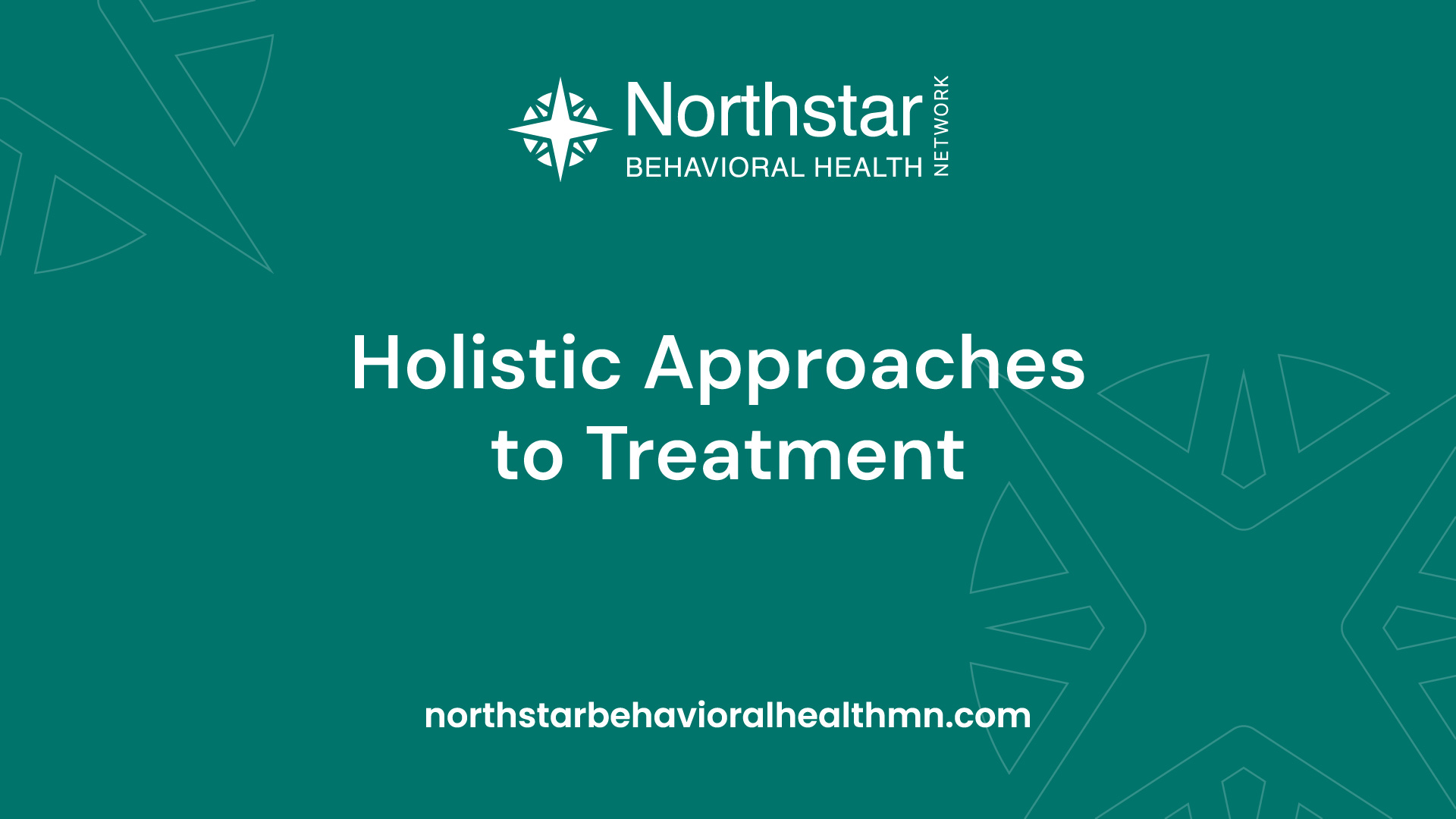
Holistic approaches to treating opioid dependence focus on the whole person, addressing not only the physical aspects of addiction but also emotional, mental, and spiritual well-being. These methods can provide good news for treating opioid dependence.
Mindfulness and Meditation
Mindfulness and meditation are powerful tools for individuals seeking recovery from addiction. These practices help to cultivate awareness of thoughts and feelings, allowing individuals to respond to cravings and triggers without acting on them. Regular practice can lead to improved emotional regulation and reduced stress, which are crucial for maintaining sobriety.
Studies have shown that mindfulness practices can reduce the severity of cravings and improve overall mental health. Individuals practicing mindfulness may experience decreased anxiety and depression, further supporting their recovery journey.
Benefits of Mindfulness and Meditation:
- Reduces stress and anxiety.
- Enhances emotional regulation.
- Improves focus and concentration.
- Decreases cravings.
For more insights on mindfulness in recovery, individuals can refer to Chris Herren’s “REBOUND”: A Journey of Overcoming Drug Addiction.
Exercise and Nutrition
Physical activity and a balanced diet play vital roles in recovery from opioid dependence. Exercise releases endorphins, which can improve mood and reduce feelings of depression and anxiety. Regular physical activity can also promote better sleep, which is essential for recovery.
Nutrition, on the other hand, provides the body with the necessary nutrients to heal from the damage caused by addiction. A well-rounded diet can improve energy levels, enhance cognitive function, and support overall health. Individuals in recovery are encouraged to focus on whole foods, including fruits, vegetables, lean proteins, and whole grains.
Benefits of Exercise and Nutrition:
- Boosts mood and reduces anxiety.
- Improves sleep quality.
- Aids in physical recovery.
- Enhances overall health.
Alternative Therapies
Alternative therapies can complement traditional treatment methods for opioid dependence. These therapies may include acupuncture, yoga, and massage therapy. Such approaches can help to relieve stress, reduce pain, and promote relaxation, making them valuable tools in the recovery process.
Acupuncture has been shown to help alleviate withdrawal symptoms and cravings, while yoga promotes mindfulness and physical well-being. Massage therapy can also help reduce anxiety and improve overall mental health.
Types of Alternative Therapies & Benefits:
- Acupuncture: Reduces withdrawal symptoms.
- Yoga: Promotes mindfulness and relaxation.
- Massage Therapy: Alleviates stress and anxiety.
Incorporating holistic approaches into recovery can provide individuals with a comprehensive strategy for overcoming opioid dependence. These methods, alongside traditional treatments, can significantly enhance the chances of successful recovery. For further reading on addiction’s impact on families, check out our article on addiction is a family disease.
Overcoming Stigma and Seeking Help
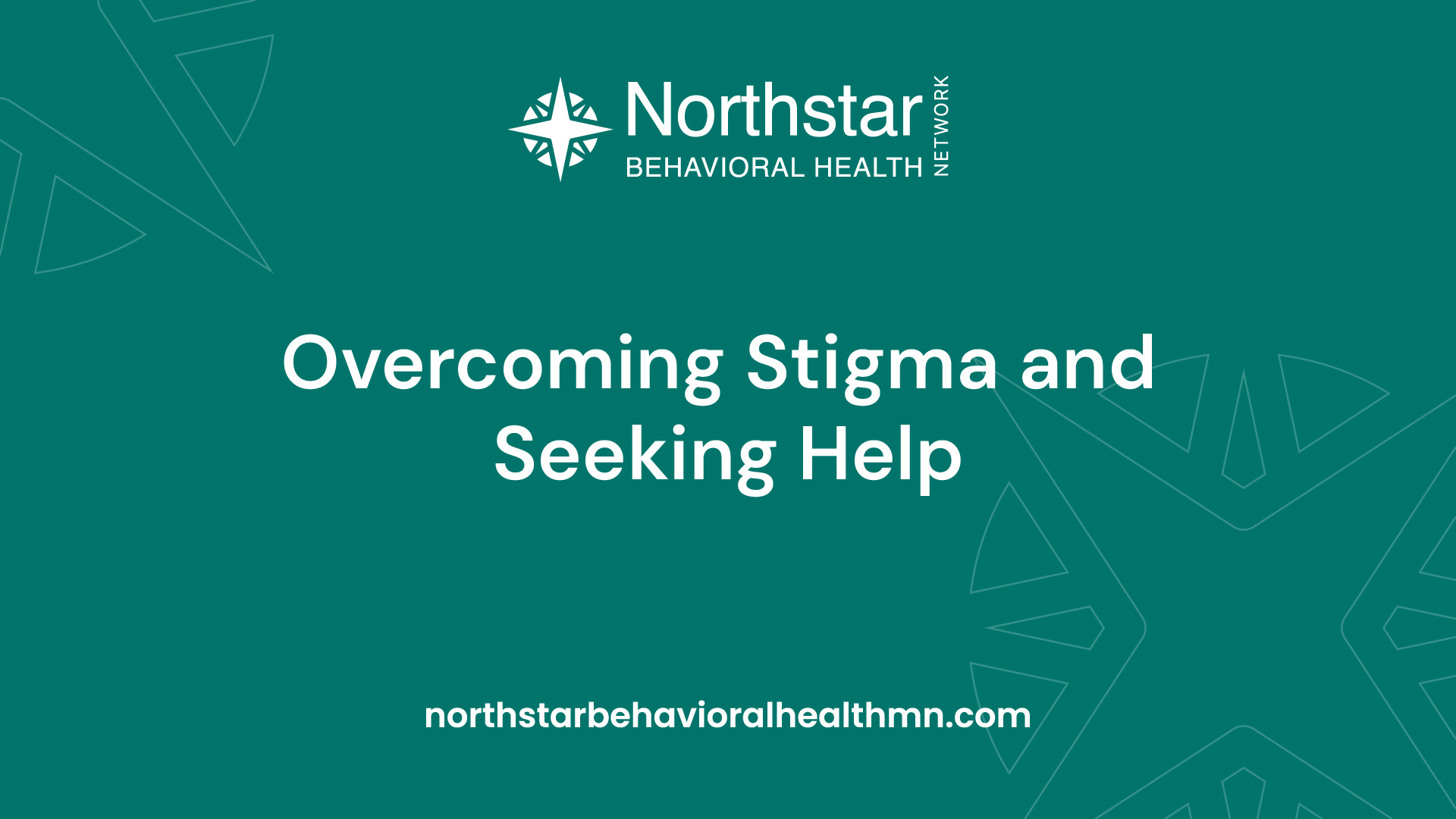
Addressing the stigma surrounding addiction is crucial for individuals seeking to overcome their struggles. By breaking down these barriers, it becomes easier for those in need to seek help and support.
Breaking the Stigma Surrounding Addiction
Stigmatization of addiction often leads to feelings of shame and isolation among individuals facing these challenges. It is important to recognize that addiction is a disease, not a moral failing. Understanding this can foster a more compassionate view, encouraging individuals to seek help without fear of judgment.
Stigma Factors & Impact on Individuals:
- Shame: Leads to reluctance in seeking treatment.
- Isolation: Increases feelings of loneliness and despair.
- Misconceptions: Promotes negative attitudes towards those struggling.
By educating communities about the realities of addiction and recovery, it becomes possible to dismantle misconceptions and promote understanding. Initiatives that share factual information can help shift perspectives.
Encouraging Help-Seeking Behavior
Encouraging individuals to seek help is a key component of recovery. Open discussions about addiction can create supportive environments where individuals feel safe to express their struggles. Sharing resources, such as therapy options and support groups, can empower those in need.
To foster a culture of openness, communities can:
- Promote awareness campaigns that highlight the importance of seeking help.
- Share personal stories of recovery, like Chris Herren’s “REBOUND”: A Journey of Overcoming Drug Addiction, to inspire others.
- Provide access to resources that facilitate easy connections with treatment options.
Celebrating Success Stories
Celebrating success stories plays a vital role in combating stigma and fostering hope. When individuals share their journeys of overcoming addiction, they provide inspiration to others who may be struggling. Highlighting these victories reinforces the idea that recovery is possible and encourages ongoing efforts toward healing.
Success Story Highlights & Impact:
- Personal testimonies: Inspire others to seek help.
- Community celebrations: Build a supportive network.
- Media coverage: Raise awareness and reduce stigma.
Recognizing achievements, no matter how small, can motivate individuals in their recovery journey. It is essential to build a community that not only supports those in need but also celebrates their progress. By doing so, the narrative surrounding addiction can shift from one of despair to one of hope and resilience.

.jpg)




.jpg)

